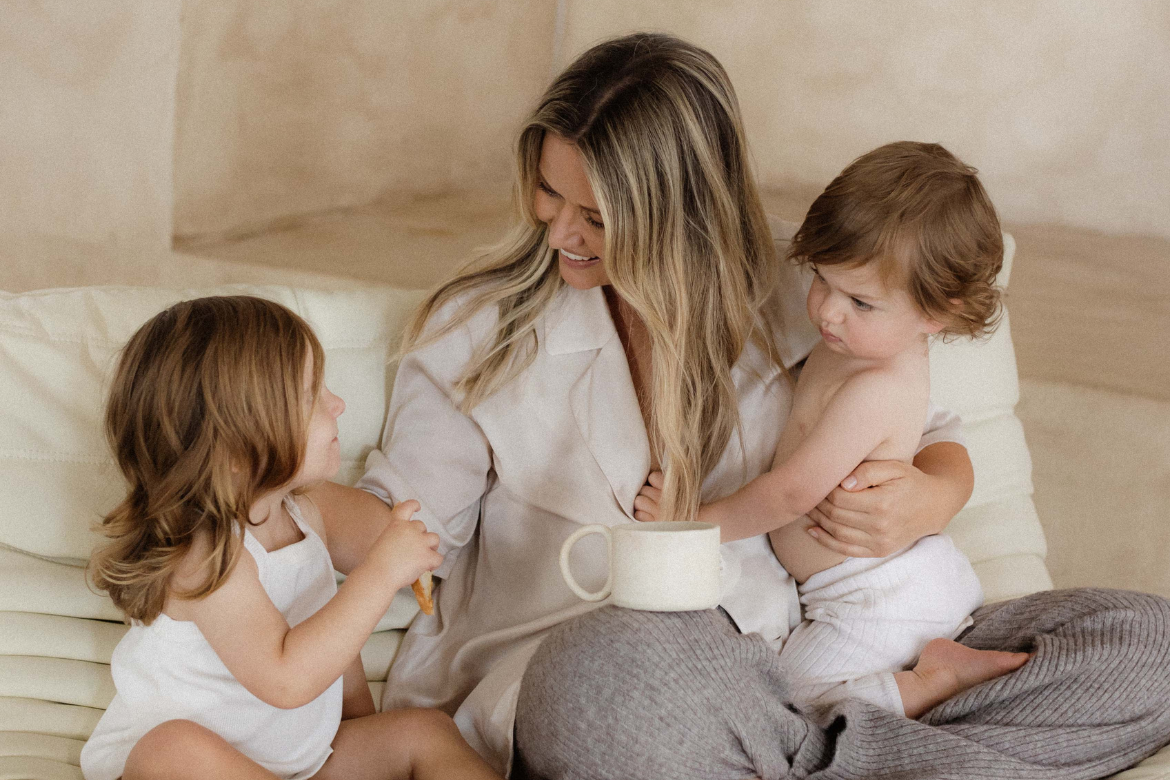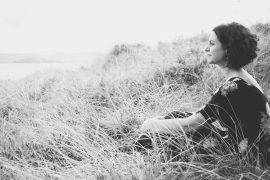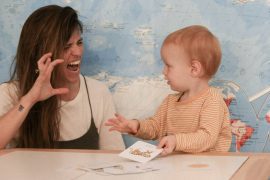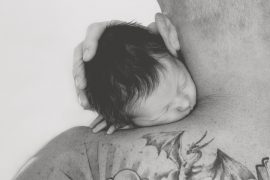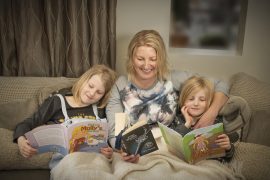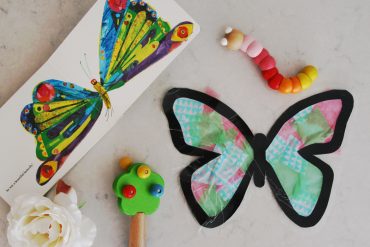Developed by clean beauty expert and devoted mother Erin Deger, the Mammae Founder describes her signature breastfeeding collection as “an embodiment of everything I believe in; it is pure, potent, sustainable, and considered”. Here she talks to The Natural Parent Magazine about the passion behind her business, how she balances work and family life, and the challenges she has overcome along the way.
The passion: What inspired you to set up your business?
The philosophy behind Mammae‘s ritual-inspired breastfeeding collection exists through the fractures of my personal journey into breastfeeding and early motherhood, sharing in its many early adversities.
Learning and understanding the remarkable intelligence of how the maternal breastfeeding body functions, and how the emotional psyche cultivates such a significant role in this new process, can truly make all the difference when it comes to those early days, weeks and months postpartum.
The more I researched and channelled how the synergy of mindfulness, breathwork, natural galactagogues, energetics, hormones and the lactating bosoms function, the more compelled I was to create a breastfeeding collection that was harmonious for women, children and the environment – setting a new holistic standard in the care for breastfeeding mothers.
Across the world, mothers are urged to breastfeed, yet in modern western society, many postpartum mothers find it increasingly difficult and not what they had expected. You would be hard-pressed to find a mother whose breastfeeding experience or that of someone they know hasn’t been touched with adversity in some way.
Personally, I have always held a close vision that breastfeeding would be a “natural” instinctive skill, one that my baby and I would simply breeze through with unparalleled joy and ease. Oh, how I was misguided.
Throughout my own journey, I found the intensity and totality of the breastfeeding relationship to be a truly monumental metamorphosis. It requires a more whole-body investment than you may likely ever share with anyone else in your life. Yes, breastfeeding is biologically normal. However, that doesn’t mean it is straightforward or a “one size fits all” experience.
Within the very early days, I had experienced a complexity of breastfeeding adversities; oversupply, low supply, cracked, blistered and bleeding nipples, nipple vasospasm, nipple thrush, engorgement, recurring mastitis, anatomical challenges (flat nipples) and painful blocked ducts. Merely the thought of latching my baby again would send my knuckles white and put me to tears. This raw and vulnerable reality was not what I had envisioned for myself and my baby. I felt completely misguided and failed by society, the system and my own body.
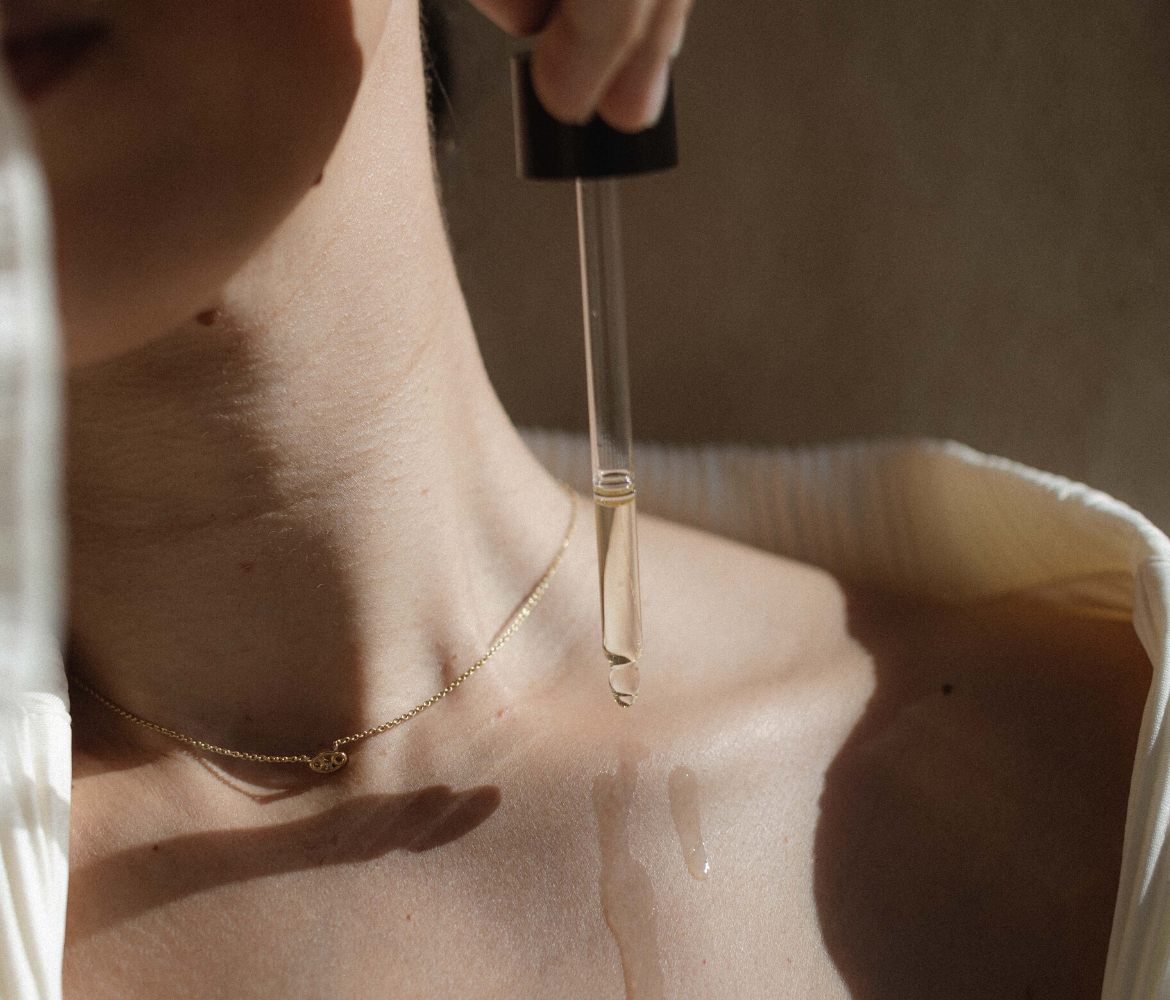
The common challenges of stress in relation to nursing had a tremendous and defining impact on my season as a mother, leaving me to question my ability and desire to persevere.
Little did I know in the early weeks, there was a vital element of information and knowledge missing; noting the strong influence of a mother’s nervous system, its subsequent rise in cortisol and how this directly impacts the maternal body as well as the key hormones (oxytocin + prolactin) that affect lactation and how to effectively elicit them.
Words by Ina May: “It takes more than just gaining knowledge on the right ‘equipment’ to produce milk. It is essential for mama to receive the biological signal that directly initiates her production and release of milk.”
This is the role of two known lactation hormones that are produced in the body which are subject to an increase or decrease according to a mother’s environment, care and overall mind-body connection to stress.
Oxytocin in particular plays a significant role in lactation and mothering, just as it does throughout labour and birth. I first discovered this topic through Ina May’s Guide To Breastfeeding book publication, referencing oxytocin as the hormone of “calm, love and healing”.
Not only does stress inhibit the secretion of oxytocin, but this powerful lactation hormone also stimulates the breast to expel milk during nursing, commonly known as the “letdown reflex”.
In good company with prolactin, this vital new information became a complete breakthrough and fascination to me. As I delved deeper into these wondrous hormones and better understood how they were directly impacting my own breastfeeding experience, I came to realise how insightful and positively powerful this information is to all mothers. But where does this information exist and why is it not an essential discussion within our mother-care system? Pregnancy seems to be a time for nesting, preparation and learning, yet in my findings, only few expectant mothers tend to explore beyond the birth itself.
Throughout this enduring commitment, I was compelled to positively channel my own personal experience and better understand why such a wide community of breastfeeding mothers are lacking this essential wisdom, feeling silenced and unsupported, and like me, suffering emotionally, mentally and physically throughout this profound immersion from maiden to mother.

Fostering a close community has long been a passion of mine. So much strength and wisdom come from the support of our village. Leaning upon my own community in the darkest hours of my newborn haze proved invaluable. On reflection, I realise how infinitely more difficult it would have been to endure this early postpartum battle without having been so open about sharing my experience, asking for help and being open to receiving. As they say, “A problem shared is a problem halved”.
Women are a thread within a maternal bond and we are simply not intended to endure this fourth trimester alone. The shared experience of breastfeeding is one so unique in its power to forge close bonds, greater awareness and positive breastfeeding outcomes.
Having emerged from the other side, I realise that I have never before devoted myself to something so entirely. I’d completely given myself to the act of breastfeeding in a way that I never had before. Nothing was more important to me than nursing my firstborn daughter. Procrastination simply didn’t exist. Nothing was put before it. I positively shifted my perspective and channelled this energy, just as I did through the powerful surges of my labour. I deeply persevered and I honoured my body’s innate maternal wisdom and intelligence. I called upon my inner and external resources and welcomed the discomfort of introspection. I am strong, I am capable and I am everything my baby needs. These self-realisations, of course, didn’t come easily, yet such moments of profound insight rarely do.
Learning to reimagine the act of breastfeeding through a more self-compassionate, holistic and physiological lens soon became part of my greatest lifeline. I was guided to invite nature’s healing properties and principles back into my daily breastfeeding and postpartum care (just as I did throughout pregnancy and birth) and share this ritual-inspired space with a renewed approach: recalibrating my perspective and the powerful words whispered to myself. I allowed my body to gently emerge into a new sense of self and belonging as a capable, empowered and intuitive lead mother, reminding myself daily that “I am the divine source of life, love and abundance and I am never alone on this journey”.
Mothers have the innate capability and resources to create an environment for their mind, body and baby to thrive. We are not designed to do it alone. Sometimes we need a village of support, specialised products, or learn how to simply ask for help.
Supporting, honouring and empowering more women to breastfeed within a healthy environment is a collective responsibility. It is my greatest ambition through Mammae to ensure that all mothers have the support, sensory and self-soothing resources to draw upon, awakening joy, abundance, ease, and closeness shared between baby and bosom. I hope that Mammae reflects and inspires a set of unwavering heart-centred values that my daughter Poppy can be proud to carry into the future generation.

